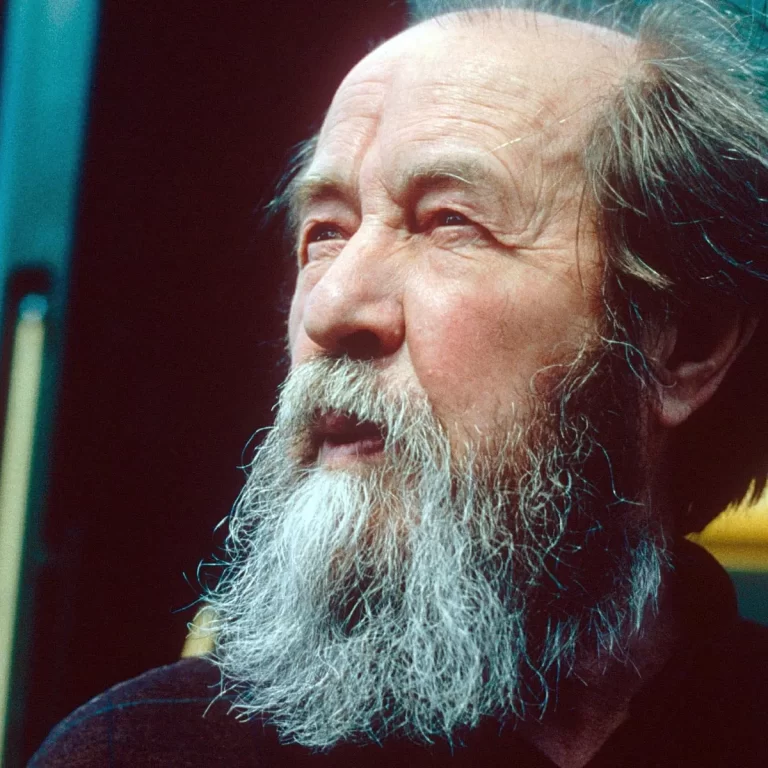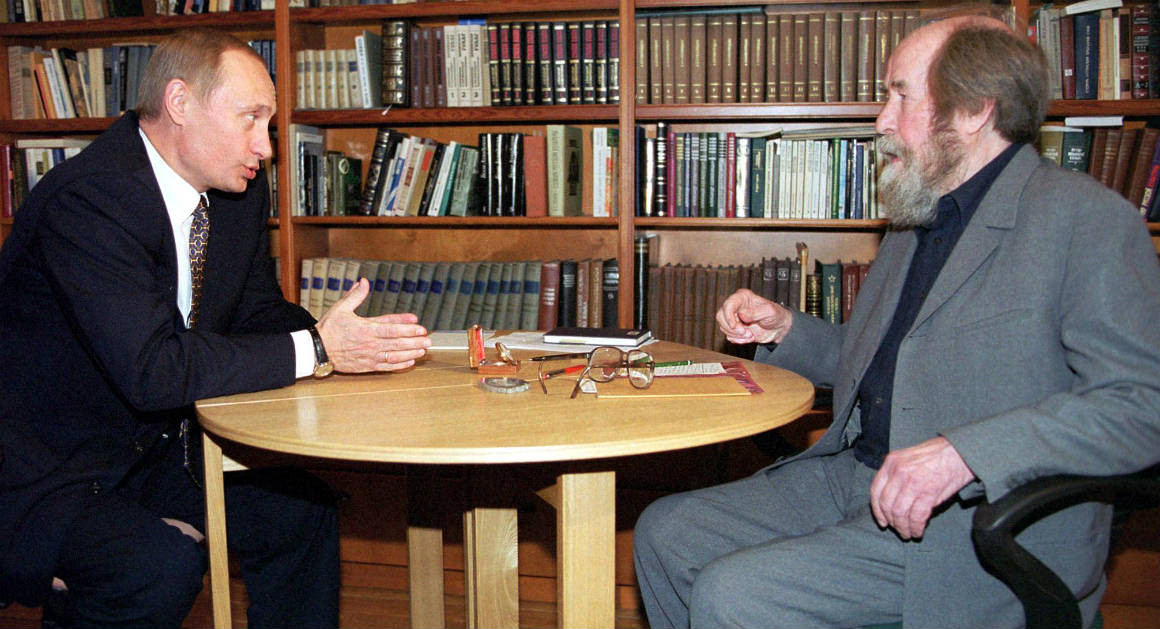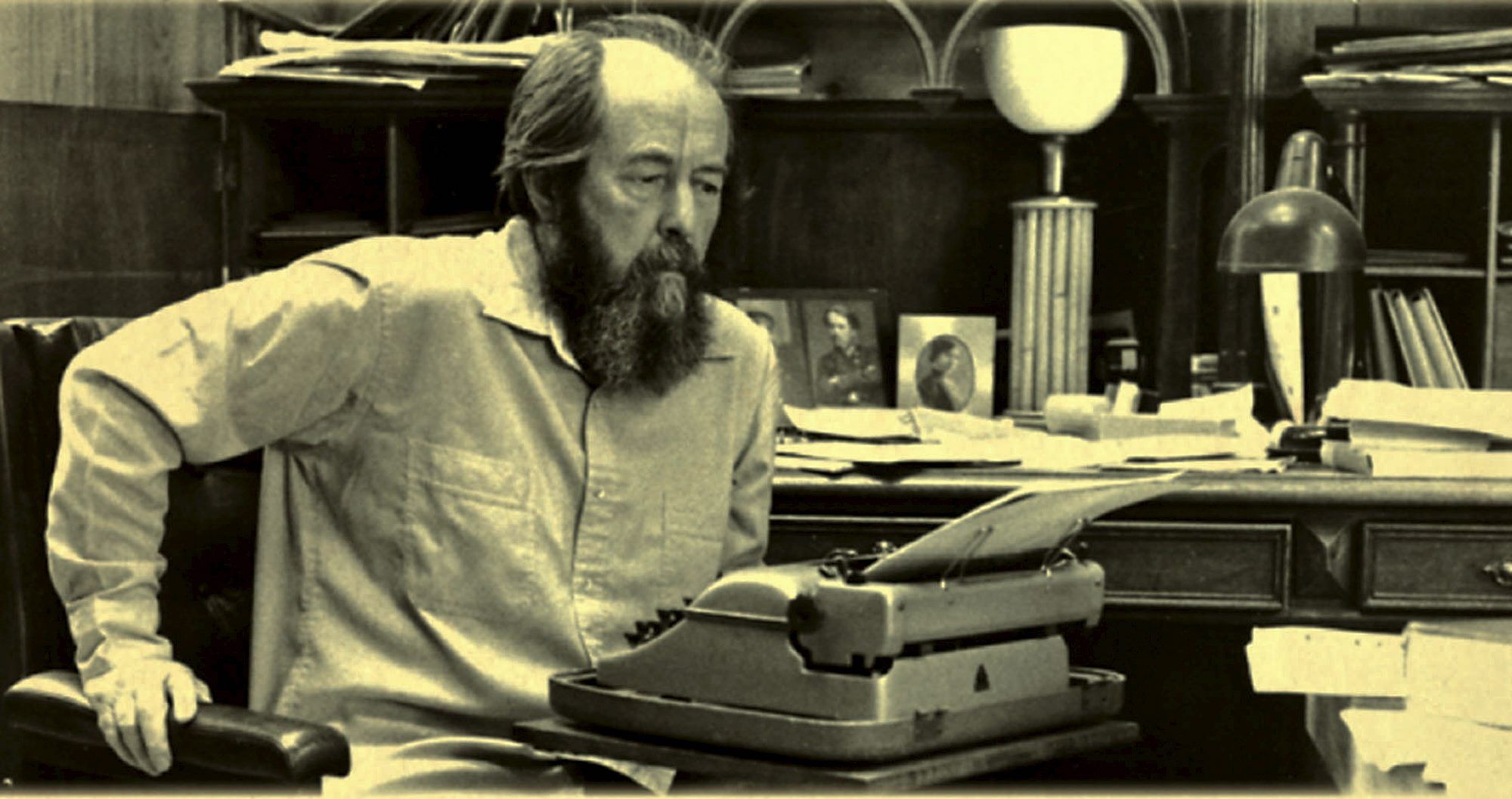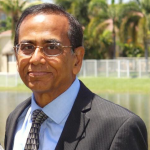
Solzhenitsyn had warned that a Russia free of Communism would not or could not become Western. Russia would continue to oppose liberalism, and pursue geopolitical ambitions that would bring it into conflict with other powers.
Nazarul Islam
As a fresh graduate in 1977, I was fascinated by the great Soviet rebel, Alexander Solzhenitsyn—amazed at his towering personality, and his powerful feelings, which trickled out to the West, ‘free’ world in bits and pieces. Literally, the civilized West had accorded him the status of a secular saint. In 1970 the euphoria generated by Solzhenitsyn had reached the Nobel committee, which lauded the “ethical force” of his writings.
He was awarded literature’s greatest prize. Soon after, the publication of a French edition of The Gulag Archipelago was heralded by Michel Foucault, who used it to support his increasingly open attacks on orthodox Marxism (and borrowed its metaphor of the “archipelago” for his work on prisons in the West). More recently Jordan Peterson, who often decries Foucault’s intellectual influence, described writing a forward to a new edition of Solzhenitsyn’s opus as “the greatest honor of my life.”
Across the political spectrum, Western thinkers have turned to Solzhenitsyn, finding in him a wintry, experience-honed critic of communism, a witness to one of a century’s greatest horrors, and a model of courageously free speech.
First imprisoned, then internally exiled from 1945 to 1956, and finally expelled from the Soviet Union in 1974, Solzhenitsyn seemed a living testament to the injustices he exposed. But while Western intellectuals and politicians acclaimed this aspect of his message, they largely ignored another side of it.
Solzhenitsyn had warned that a Russia free of Communism would not or could not become Western. Russia would continue to oppose liberalism, and pursue geopolitical ambitions that would bring it into conflict with other powers.
In his famous 1978 commencement address at Harvard, Solzhenitsyn warned that Westerners, with a combination of naïveté and arrogance, assumed that the world was moving towards a standard set by its capitalist liberal democracies. They could not understand that Russia, although currently “in Communist captivity”, was the heir to an “autonomous world” that would never be assimilated to the West. Indeed, the problem with Communism was that it, too, was a cosmopolitan ideology with ambitions for remaking the world, destroying Russia’s autonomous cultural traditions in the process.

Solzhenitsyn’s speech is fondly remembered by conservatives in the West as a stinging critique of cultural liberalism. With his call for a return to traditional values, he appeals to the contemporary Western Right as a useful figure in our own culture wars. But his conjoining of liberalism and Communism as two aspects of a common assault on traditional non-Western cultures goes much further than a repudiation of ‘political correctness’.
Asserting that the world is divided into distinct cultural zones, and opposing any ideology that on whatever premises puts our common humanity before their preservation, Solzhenitsyn implied that liberals would have little to look forward to from a post-Communist Russia.
Most Western observers at the time were too taken with Solzhenitsyn’s critique of the Soviet system to pay adequate attention to his views on the Russian past and warnings about the Russian future.
However, some of his fellow dissidents and Western critics saw that Solzhenitsyn — and the Russian nationalism that he represented — represented a dark cloud on the horizon.
Most Western observers at the time were too taken with Solzhenitsyn’s critique of the Soviet system to pay adequate attention to his views on the Russian past and warnings about the Russian future. However, some of his fellow dissidents and Western critics observed saw that Solzhenitsyn — and the Russian nationalism that he represented — represented a dark cloud on the horizon.
In 1974 the dissident Russian scientist Andrei Sakharov had noted that Solzhenitsyn argued against Communism less out of a desire for freedom at home and peace with the West. He believed that the author wanted more than to promote supposedly traditional values; Solzhenitsyn wanted to focus Russian energies on the military threat (which he took to be existential) posed by China, entering a new Cold War with its neighbor.
The future Russian regime, for Solzhenitsyn, could not be a liberal democratic one imported from the West, but one shaped by an understanding of Russia’s dangerous geopolitical situation and particular history. The latter, Sakharov bitterly summarized, seemed to have taught Solzhenitsyn that “when accompanied by respect for law and by Orthodoxy the authoritarian system was not all that bad.”
We need to remember that Russian empire under the Tsars organized massive surveillance programs, and routinely imprisoned and executed suspects without trial. Far from tolerating minorities, it subjected Jews to humiliating restrictions and implicitly sanctioned pogroms. In the year 1905 alone, there were 690 documented pogroms (with over 3,000 reported murders) during the two weeks following the declaration of the October Manifesto.
Nicholas II, according to one historian, regarded this violence as a form of “justified revenge” against subjects he considered to be politically suspect. The Russian revolution, although intended to overturn the old regime, perpetuated many of its signature domestic policies, from secret policing to anti-Semitism.
Solzhenitsyn was also criticized for exaggerating the differences between Tsarist and Soviet foreign policy. Eugen Loebl argued that he downplayed the continuities between the imperialist policy of the Tsars and that of the Soviet leadership, which both sought, under the pretext of Christianity or Communism, to extend Russian power over subject nations. Loebl had a personal stake in this critique.
He had been a member of Czechoslovak Communist government in the Sixties, an era of liberalizing reform — cut short when the Soviets invaded the country to restore Communist orthodoxy and obedience to Moscow. From Loebl’s perspective, this invasion was continuous with Russia’s nineteenth-century expansion into Eastern Europe and violent suppression of nationalist and democratic movements throughout the region.
The Tsars and Communists justified their policies in terms of apparently opposite ideologies, but their common aim was Russian power.
Countering Loebl, Solzhenitsyn had argued that Communism was an “international or even metaphysical entity”. To understand it as something akin to Nazism — an ideology of national self-aggrandizement — would lead to disaster. In the West, opponents of Communism, especially on the center and Right, often linked the Soviet regime and the Third Reich as examples of ‘totalitarianism’, a concept popularized by Hannah Arendt. Solzhenitsyn, however, stressed that there were important differences between the Nazis and the Communists.
After the Nazi invasion of the USSR in 1941, many in the Soviet Union had believed German rule might be preferable to Communism — particularly to the murderous purges, famines, and population transfers that characterized Stalin’s reign in the Thirties. Soldiers deserted the Red Army in huge numbers during the first weeks of Operation Barbarossa.
It was not only oppressed peoples, such as Balts and Ukrainians, who did so, but Russians as well.
In spite of sympathy from Russians and non-Russians alike, Nazi policy towards the region was openly genocidal, founded on a project of eliminating local populations to make room for future German colonization. Hitler, Solzhenitsyn argued, “had declared war on the Russian people as such, leaving them no way out”. Russians thus rallied to the Soviet regime not out of any loyalty to Communism, or sense that it represented their ‘national’ interests, but because they had no other choice.
 There was an important lesson for the West in Germany’s defeat, Solzhenitsyn argued. The Nazis had conflated Russia and the Soviet Union, and thus forced Russians who would have accepted German rule to rally around Stalin. Advised by figures such as Loebl, the West risked making the same mistake of seeing “the threat now looming over the world as Russian rather than as Communist”. This would have a “devastating outcome”. While Russians despised their Communist government and yearned for liberation, they would oppose any power that threatened their existence as a people.
There was an important lesson for the West in Germany’s defeat, Solzhenitsyn argued. The Nazis had conflated Russia and the Soviet Union, and thus forced Russians who would have accepted German rule to rally around Stalin. Advised by figures such as Loebl, the West risked making the same mistake of seeing “the threat now looming over the world as Russian rather than as Communist”. This would have a “devastating outcome”. While Russians despised their Communist government and yearned for liberation, they would oppose any power that threatened their existence as a people.
Solzhenitsyn was warning the West that if it hoped for friendly relations with a future, post-Communist Russia, it would have to accept Russian nationalism — and attendant demands for ‘security,’ often understood in expansionist terms by successive Russian governments. Loebl, meanwhile, warned that Russian nationalism, whether it disguised itself as Communist or anti-Communist, would inevitably mean Russian imperialism in Eastern Europe.
Both warnings, perhaps, were proved to be true.
A common hostility to Communism, however, could conceal for a time fundamentally different geopolitical visions — which have been brought into terrible clarity in recent weeks, as Russia began its assault on Ukraine.
The West’s enthusiasm for Solzhenitsyn, celebrating his anti-Communist resistance while ignoring his rehabilitation of Tsarist illiberalism and imperialism, is of a piece with two signal failures of our collective political understanding during the last decades of the twentieth century.
As with Solzhenitsyn, Western leaders failed to perceive that sharing temporary tactical goals with non-Western intellectuals, militants, and regimes was only a short-lived suspension of the always-present possibility of renewed enmity, based on enduring, and perhaps irreconcilable, visions of the world.
Liberal democracy, based as it is on a cosmopolitan understanding of human rights, often misperceives a world which does not share its assumptions about those rights. For the duration of the present crisis in Ukraine, at least, such misperceptions will be impossible to sustain — and their resumption will make a disastrous situation even worse.
__________________
 The Bengal-born writer Nazarul Islam is a senior educationist based in USA. He writes for Sindh Courier and the newspapers of Bangladesh, India and America. He is author of a recently published book ‘Chasing Hope’ – a compilation of his articles.
The Bengal-born writer Nazarul Islam is a senior educationist based in USA. He writes for Sindh Courier and the newspapers of Bangladesh, India and America. He is author of a recently published book ‘Chasing Hope’ – a compilation of his articles.